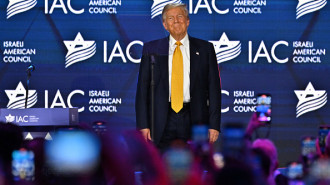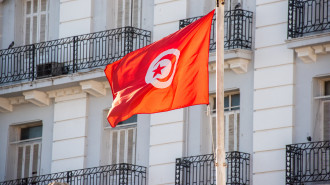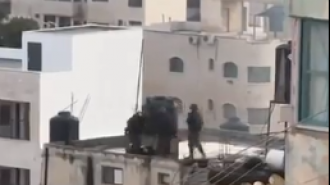World leaders must fulfil 'their duty' to Libyans
On the fifth anniversary of the Libyan revolution that toppled long-time dictator Muammar Gaddafi, Amnesty called on global powers that helped oust him to do more in bringing to justice perpetrators of alleged war crimes and other serious human rights abuses committed since 2011.
"World leaders, particularly those who took part in the NATO intervention that helped to overthrow Colonel Muammar al-Gaddafi in 2011 have a duty to ensure that those responsible for the horrors that have unfolded in Libya in its wake are held to account," said Said Boumedouha, Amnesty's deputy Middle East and North Africa director.
The London-based rights group said all the warring parties in Libya, including the country's rival governments, had "carried out hundreds of abductions, taken hostages, tortured, ill-treated and summarily killed detainees and launched indiscriminate attacks on residential areas in some cases amounting to war crimes".
| What's been going on in Libya? | |
|
The General National Congress was the Islamist-led elected body ruling Libya for two years following Gaddafi's ousting and death. After its 18-month deadline to form a new constitution passed in January 2014, the body resolved to extend its mandate. |
It added that the international community should not wait for a new unity government to restore stability and hold criminals to account - as that might take years, calling instead on the International Criminal Court to investigate rights violations.
Five years of violence in Libya have also taken a heavy toll on the humanitarian situation in the country. The UN estimates that 2.5 million Libyans have been affected, and more than 430,000 displaced, by the ongoing violence.
The UN has launched an appeal to provide basic services to 1.3 million people in Libya, including medical care, education and protection to refugees and migrants, but has only raised one percent of the funds it requires, according to Amnesty.
"It is crucial that world powers do not turn their backs on the suffering of countless Libyan civilians and they must meet the requirements of the UN humanitarian appeal," said Boumedouha.
The group also called on the international community to increase its support to people in need of protection by providing safe and legal routes out of the conflict, particularly since desperate migrants and refugee often attempt the perilous crossing into Europe from Libyan shores.
Rival Libyan factions finally agreed on an 18-member unity government late on Sunday in the Moroccan city of Skhirat.
The country has been in political turmoil and rocked by violence since the 2011 revolution, with parallel parliaments and numerous militias vying for power.
Islamic State group militants have exploited the chaos to gain a foothold in the country and seized the city of Sirte last June, using it as a launchpad to carry out attacks across the country.

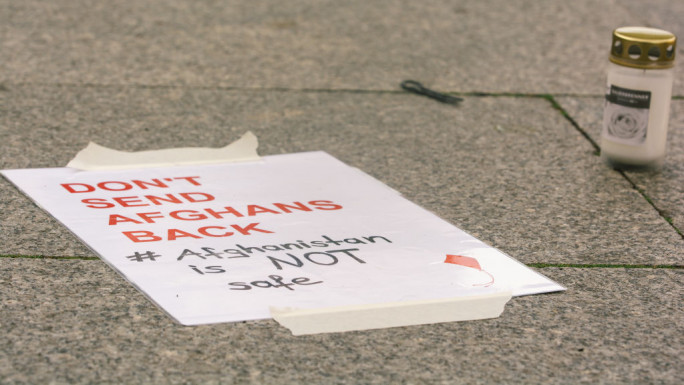
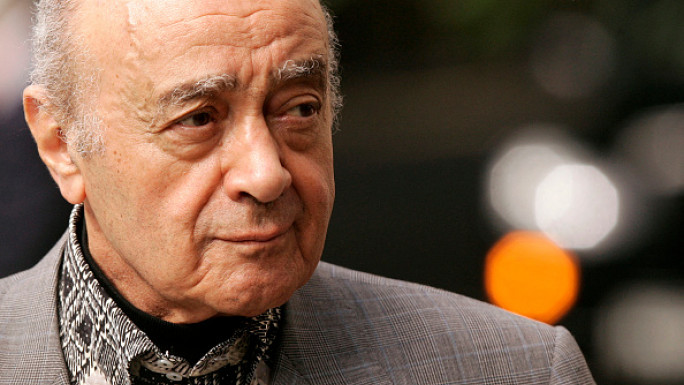
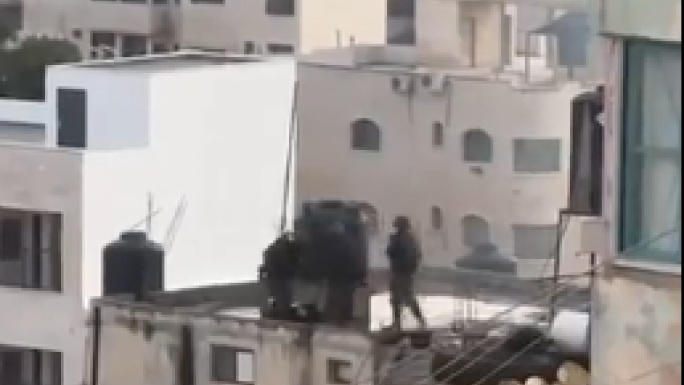
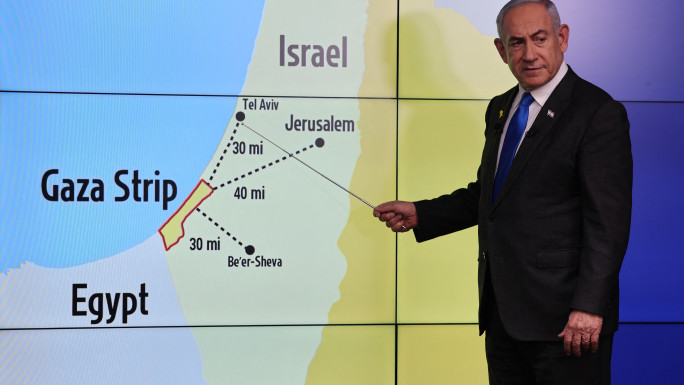
![gaza hospital [getty]](/sites/default/files/styles/image_684x385/public/media/images/04CAB42E-7AB3-4448-B45F-B0E1D7D43091.jpg?h=d1cb525d&itok=XYFJ5dpl)
